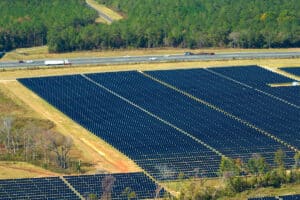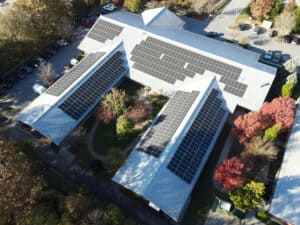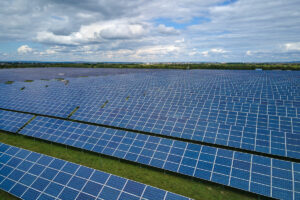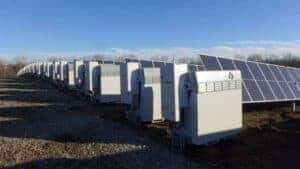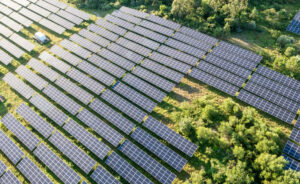A combined heating and power (CHP) system, or cogeneration, is an energy-efficient technology that captures the extra heat as the power system is generating electricity for a facility. While power systems produce energy, they all heat up. Most of the time, this heat, or thermal energy, is wasted. Thus, “conventional generation” is not very efficient due to the wasted thermal energy. This is where a CHP system provides a solution to wasted energy.
Read: How CHP Works
Benefits of CHP systems
By switching the conventional power system to CHP, you will be able to take advantage of the following benefits:
- CHP units work especially well with tall buildings because it reduces the energy that the boiler system has to generate and significantly reduces the cost to heat them.
- Unlike solar and wind power, which will change depending on the weather, CHP will be stable and won’t be affected by the weather condition.
- CHP units use natural gas to generate electricity, which is pretty cheap
- CHP units efficiently capture the thermal energy and use them to heat up the facilities
If you still have doubt towards CHP, take a look at some of the biggest organizations in the U.S. According to The Office of Energy Efficiency and Renewable Energy, NASA is powered by CHP. Also, according to The Guardian, Coca-Cola uses CHP to power up. And there are more than 1,000 sites in California that are using CHP to produce power, according to Center for Sustainable Energy. As these examples show, tall buildings, such as apartments, hotels, schools, and factories, generally benefit the most from CHP. It not only lightens the burden of the boiler system, but also significantly reduces utility costs.
Read: Everything You Need To Know About CHP Units
If installing a combined heat and power system sounds interesting to you, please click here for more information and speak with our energy expert today.

